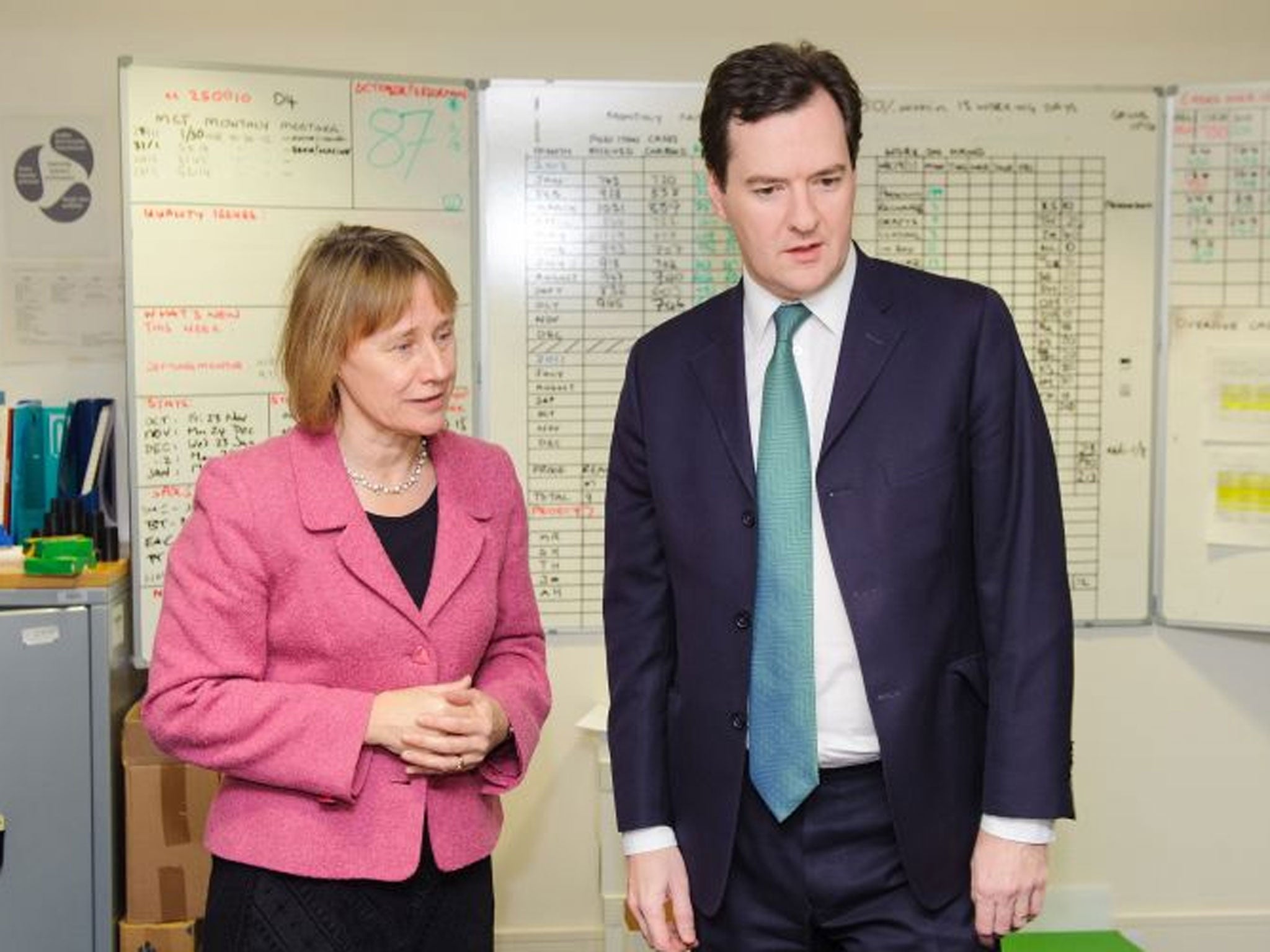Revenue and Customs pledges to scrap fee-charging 0845 telephone lines

Customers will no longer be left hanging on premium rate numbers when they contact HM Revenue and Customs (HMRC), the tax collection agency has promised.
HMRC said it will scrap its use of fee-charging 0845 phone lines after being told that it was “unacceptable” for a public service to force taxpayers to interact with premium rate lines.
Appearing before the Commons Public Accounts Committee, Ruth Owen, Director General, Personal Tax, HMRC, said: “We will start to move away from 0845 numbers. We will introduce an 03 prefix number from April for people calling the Child Benefit line.”
Ms Owen added: “We hope to introduce an 03 prefix for all lines by the end of the Summer.”
Ms Owen and Lin Homer, Chief Executive of HMRC, were called before the committee to explain why delays in answering its telephones cost the public £33 million a year in call charges.
The National Audit Office found that 20 million calls to HMRC’s hotlines - including fee-charging 0845 numbers - failed to be answered in the 2011/2012 financial year.
Those who did manage to get through had to hold on to speak to an advisor for an average of four minutes and 42 seconds compared to one minute and 47 seconds in 2009-10.
Margaret Hodge, chair of the Public Accounts Committee, said: “I think it’s wrong that people have to relate to public services through 0845 numbers. It happens with GP services and through the Department for Work and Pensions. If you’re poor and you don’t have a landline it can cost you 41p a minute and people rack up massive costs.”
Ms Homer told Ms Hodge that HMRC’s contract with phone provider Cable & Wireless was being renegotiated, with a commitment that the 0845 numbers would be replaced.
Ms Hodge said it was “disappointing” to learn that that the total cost of delays in answering HMRC calls was £33 million in unnecessary charges and £103 million in customer time.
Ms Homer said this was “not acceptable” and pledged to increase the number of calls to its hotline which are answered from 80 per cent to 90 per cent. This target had been reached in January this year, the chief executive said.
Ms Homer pledged to halve the amount of time people wait on hold to speak to an advisor, although the way this is calculated will change. It will now include the time a caller spends listening to an automated service before being connected to an advisor.
Ms Homer said: “Our surveys show that the public believe a wait of up to five minutes to be connected is acceptable. That includes one-to-two minutes listening to automated information and two-to-three minutes waiting to speak to a person.”
On hearing that a five minute wait was the target, Ms Hodge replied: “Jesus. Dear, dear, dear. The industry norm is that 80 per cent of calls are answered within 20 seconds.”
Ms Homer, who pledged to invest an extra £34million improving call response times, said: “It is a measure we can improve. It doesn’t mean that everyone waits five minutes, more than half wait less than two minutes.”
Ms Homer also admitted that HMRC failed to respond to one million letters from taxpayers last year.
She told the committee: "There was a time when we had one million letters around. I have had people saying: 'Six, nine, 12 months ago this room was full of post.'"
But she said improvements had been made and HMRC has gone some way towards addressing the problem.
Ms Homer had been criticised for failing to accept in person a Wooden Spoon award, voted by newspaper readers, for the organisation with the worst customer service.
“I wasn’t at all happy to receive the Wooden Spoon,” Ms Homer said. “I hope with some of the changes we are making that we don’t get it next year.”
Ms Homer disclosed that 350,000 families had already opted out of receiving Child Benefit, following the Government’s decision to reduce the payments to couples in which one individual earns more than £50,000. She said the cost of the changes had been half of the £22 million budgeted due to a web campaign to inform the affected families.
Subscribe to Independent Premium to bookmark this article
Want to bookmark your favourite articles and stories to read or reference later? Start your Independent Premium subscription today.

Join our commenting forum
Join thought-provoking conversations, follow other Independent readers and see their replies